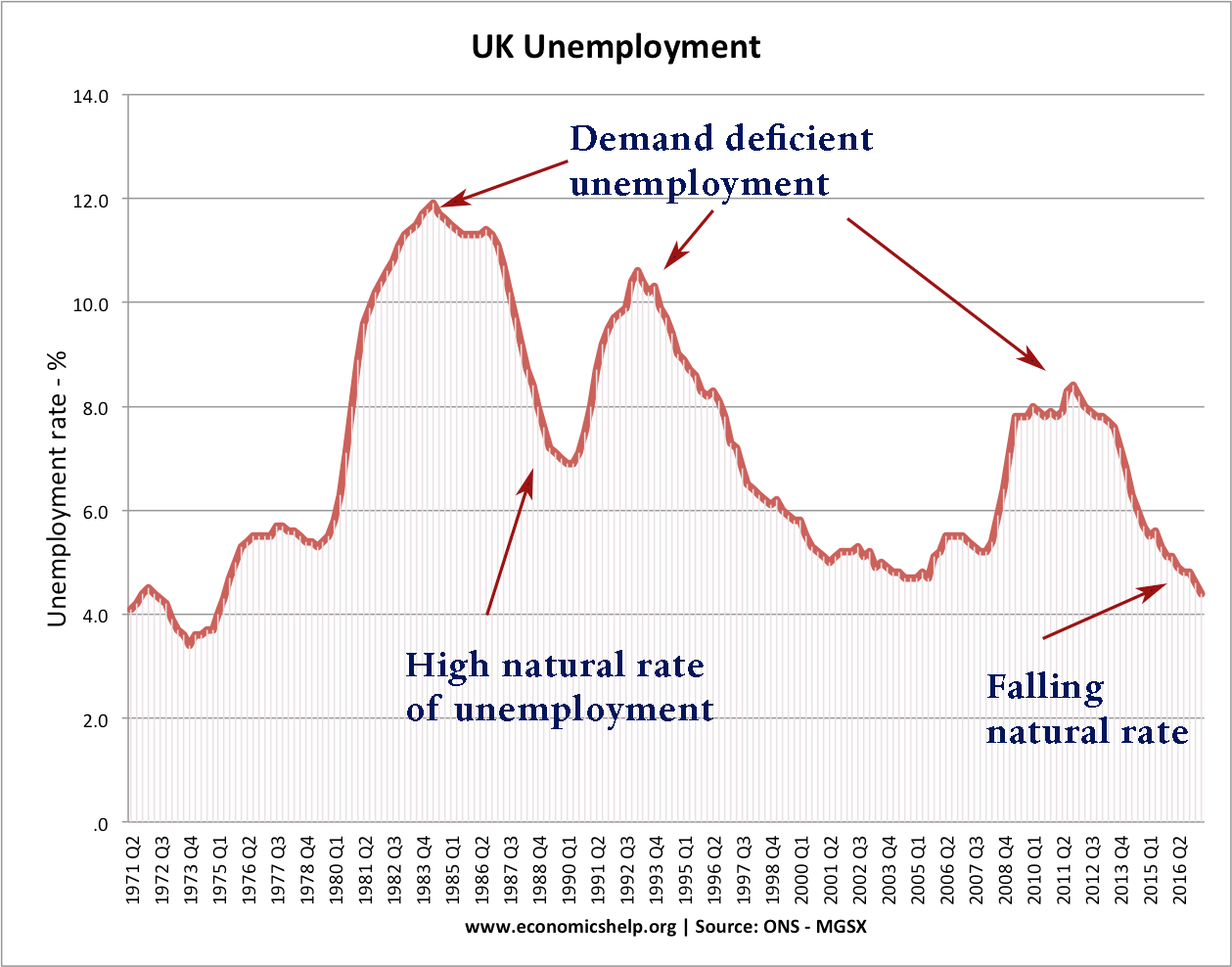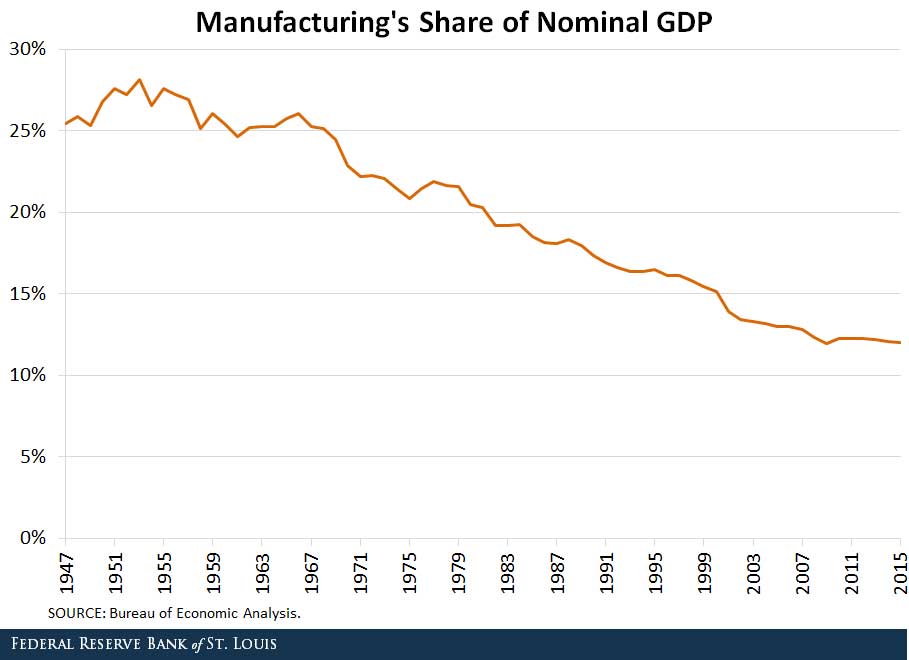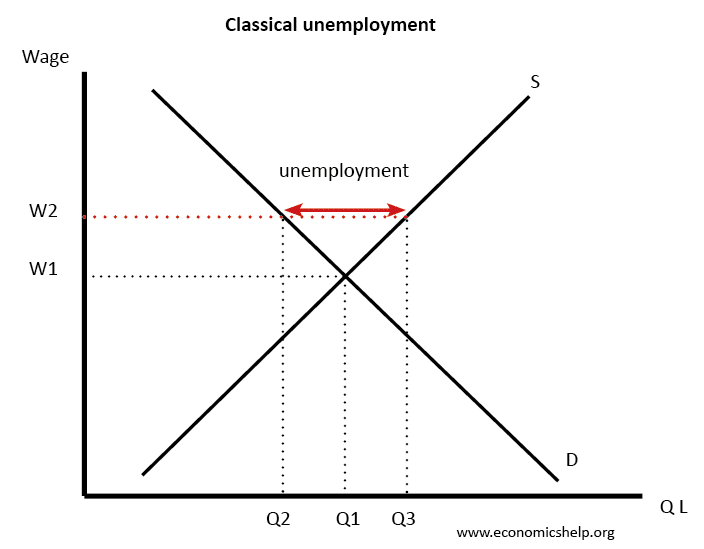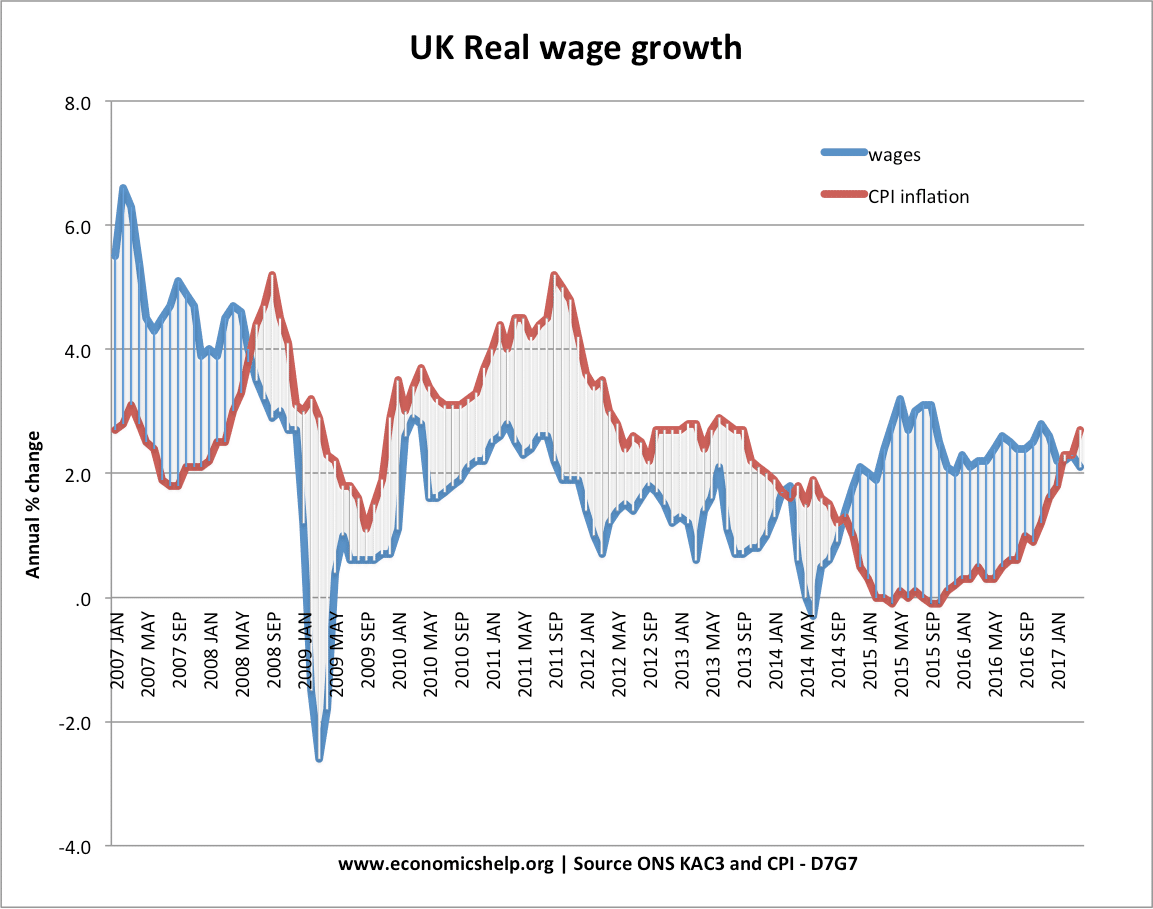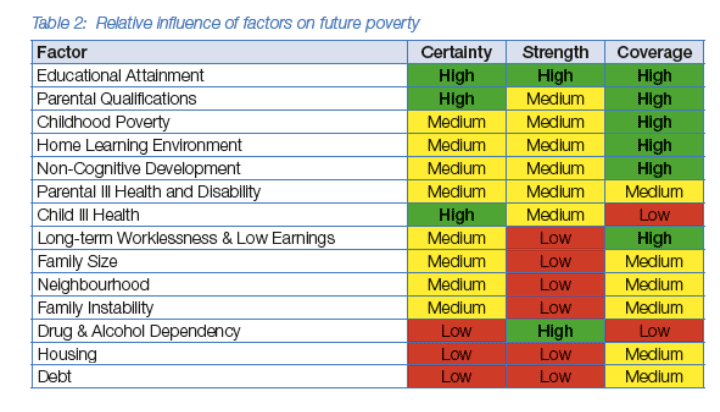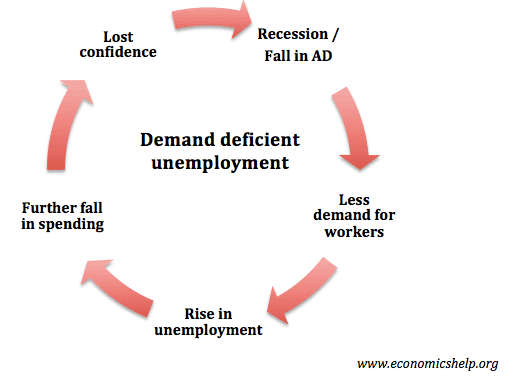Changing natural rate of unemployment
The natural rate of unemployment occurs when the labour market is in equilibrium; it is mainly composed of frictional and structural unemployment. The natural rate of unemployment is affected by supply-side factors such as geographical/occupational immobilities and labour market imperfections. Firstly, it is argued the level of unemployment benefits can affect the level of frictional …

